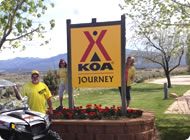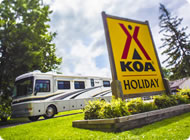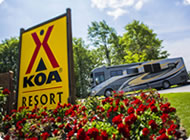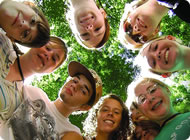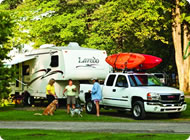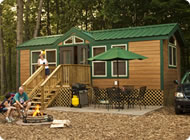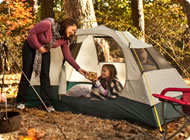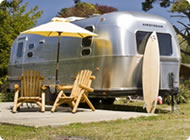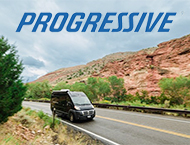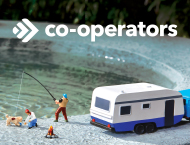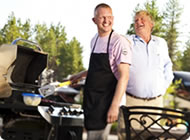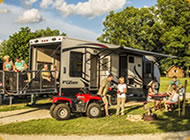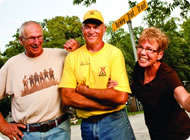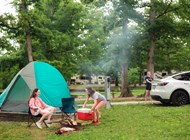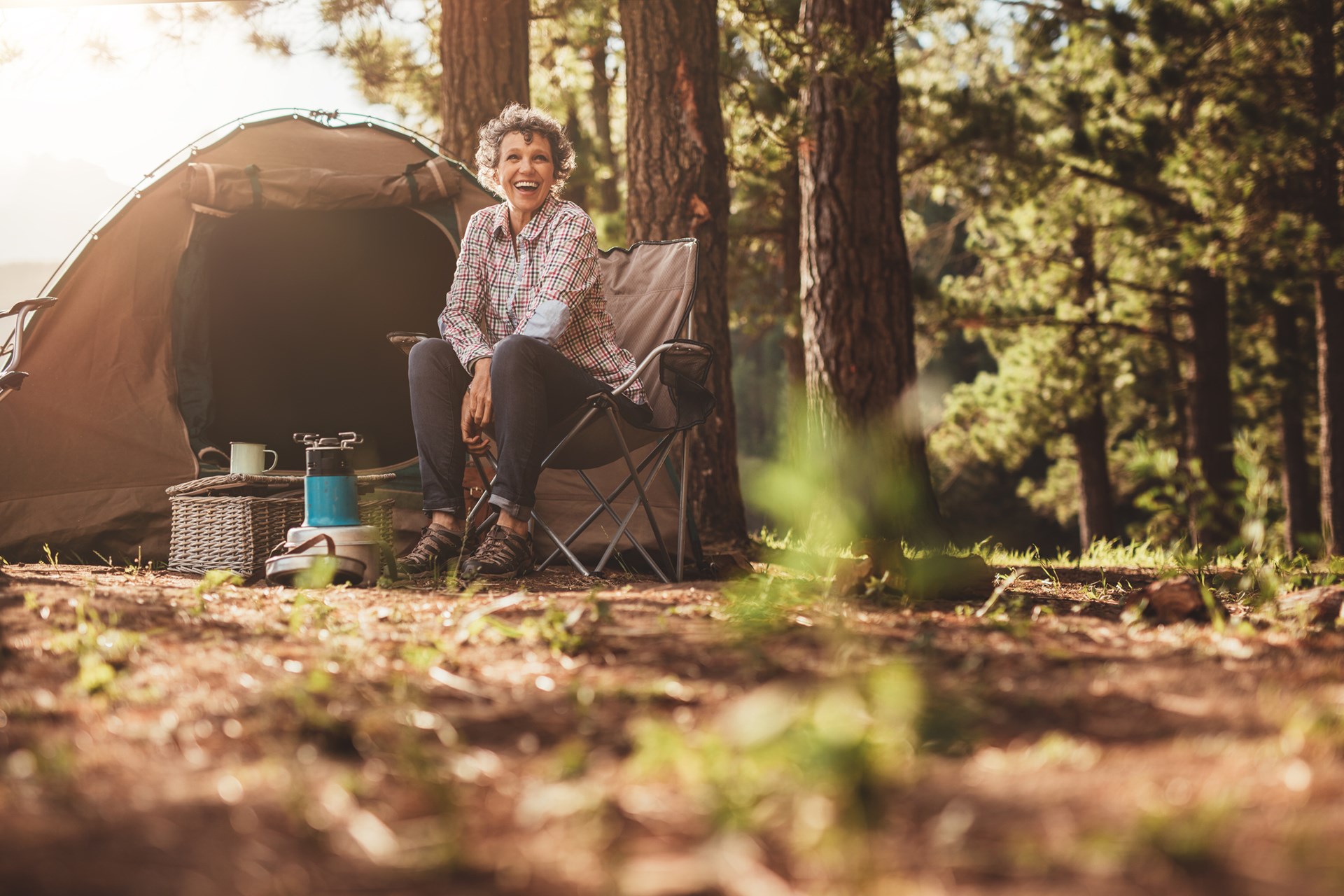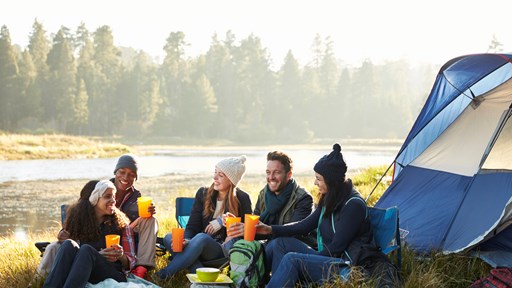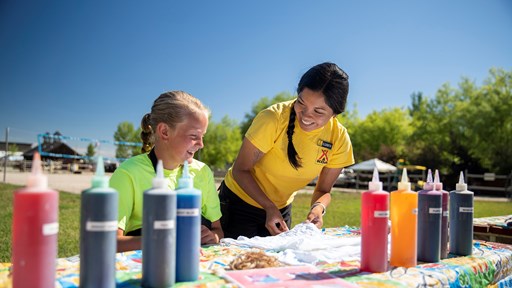Camping Safety Tips for the Great Outdoors
Though fun is of the highest priority when adventuring in the great outdoors, there is one thing that is of even greater importance: safety.
Safety should always come first when you are camping, as it only takes one mishap for your entire camping trip to be ruined.
Since that’s the last thing you want to happen, be sure you read on for our camping safety tips. With the below safe camping tips in your back pocket, you will be able to have a fun, safe, and memorable camping trip.
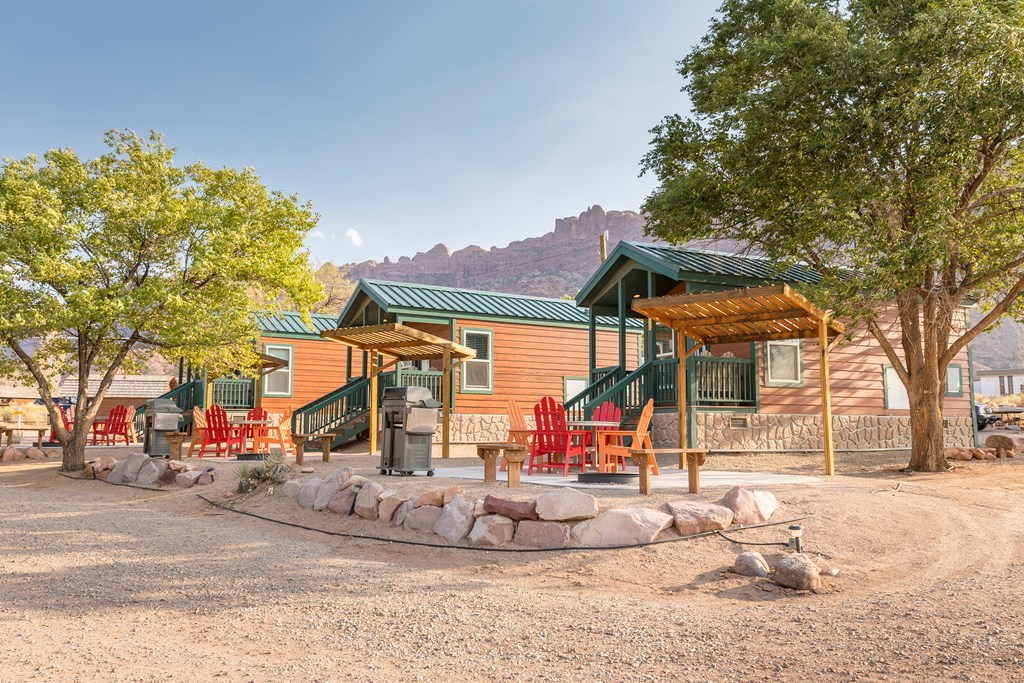
1. Choose the Right Shelter and Site
To reserve the right type of shelter and campground site, consider your age, physical limitations and medical needs — as well as those of everyone else in your group. Different amenities are available if you’re staying in a tent compared to a cabin or RV, so plan accordingly as to what gear you will need based on your site choice.
For example, camping in a cabin provides you with full beds and bunk beds, while sleeping in a tent will require you to bring an air mattress, sleeping bag or other accommodations.
Although RVs and cabins offer more amenities and safety compared to tents, about 60% of campers still report opting for tent camping. At KOA, we provide tent campers with picnic tables, fire rings, nearby restrooms with showers and a spacious area for your whole crew to hang out, relax and spend quality time together.
2. Stay Up-to-Date With the Weather
Make sure to keep an eye on the weather forecast before your trip. As we all know, weather can change within the hour, which means it’s essential to pack for inclement weather such as rain, snow, and high heat and humidity. About 33% of campers plan trips one month in advance to be proactive.
3. Pack and Store Food Safely
Leaving food out on picnic tables or anywhere not secured can increase your chances of attracting into wildlife. To prevent unwanted confrontations with an animal, pack your food in tight, waterproof containers and store them in an insulated cooler. To avoid food-borne illnesses, wash your hands and separate raw food from cooked meals. One in 6 Americans get sick from contaminated food every year, so make sure you’re following proper food safety practices.
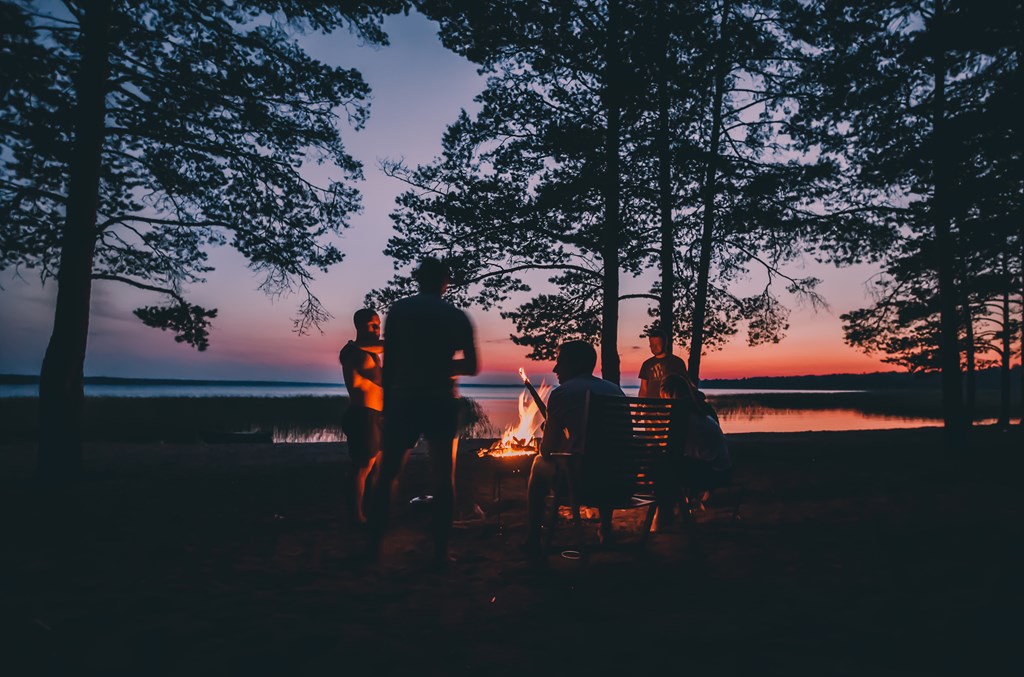
4. Practice Campfire Safety
Fires within your campground site should be at least 15 feet from tent walls, shrubs and trees. It is important to keep your fire small and contained in a designated area like a fire pit. You should also never leave a fire unattended. Always keep a water bucket nearby and put the fire out before leaving or going to sleep — making sure to drown all the embers, not just the red ones.
5. Use Insect Protection
To protect yourself from mosquitos, ticks and other insects, use insect repellent that does not dissolve easily in water. Make sure you check for ticks daily, especially in unsuspecting areas of your body. It’s also recommended to wear long-sleeved shirts and long pants when hiking to avoid direct contact with insects. After a hike or any outdoor activity, place your clothes in the dryer for at least 10 min on high heat to kill any ticks that may have come home on your clothing.
6. Be Aware of Allergies
Packing an EpiPen or other medications for your known allergies is a smart way to prepare for any unexpected encounters. You should also keep a first aid kit handy and watch for dizziness, labored breathing and swelling around bites or places where plants or insects may have been in contact with your skin.
7. Protect Your Skin from the Sun
We often think UV rays are absent on cloudy days, but they can burn your skin just as severely as on a sunny day. Midday hours are when the sun’s rays are the strongest — seeking shade, wearing a hat or putting on sunglasses can help protect you from the UV rays. Use a broad-spectrum sunscreen and lip screen with at least SPF 15.
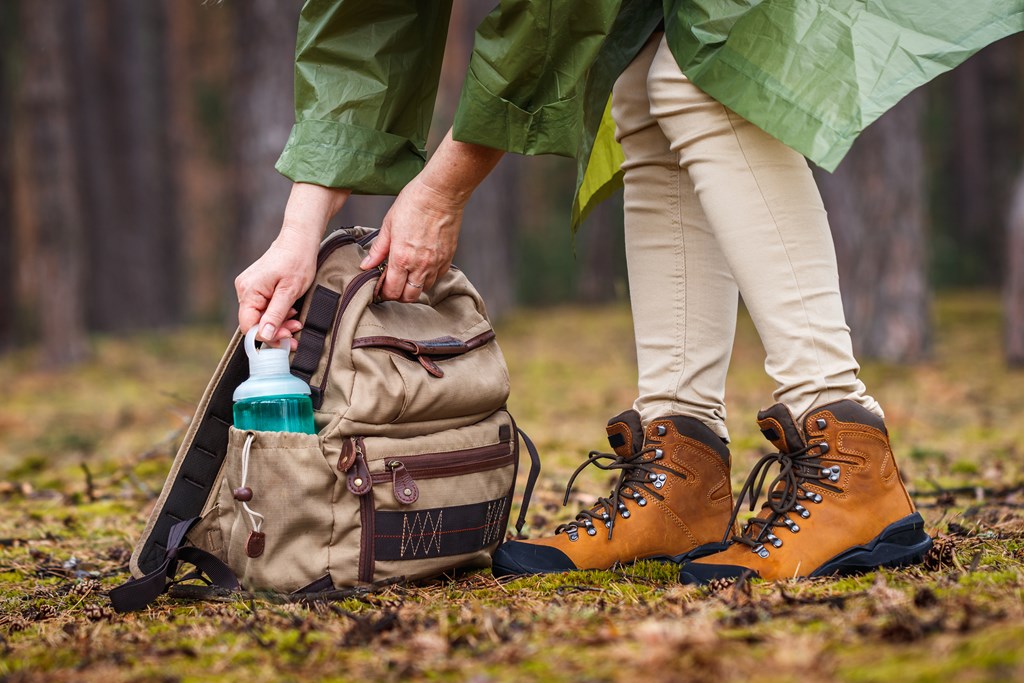
8. Stay Hydrated
Staying hydrated does not mean drinking when you are thirsty — it means drinking water regularly throughout the day, even if you do not think you are thirsty. An emergency kit should include at least a 3- to 5-day supply of bottled water. If you feel thirsty, chances are you are already dehydrated
9. Watch Out for Wildlife
Storing your food in a car, a bear-safe container or food storage locker can prevent attracting unwanted wildlife. Be sure to avoid touching and feeding animals — but if you do come in contact with any animals. wash your hands with soap and water or by using a hand sanitizer containing at least 60% alcohol.
10. Have Fun and Remain Alert
Camping in a fun experience, but it is also imperative to pay attention to your body, what it needs and how it reacts to the environment. Keep your wits about you, get plenty of sleep and limit your alcohol intake. About 3.4 million U.S. households became new campers over last three years — enjoy your time outdoors and have fun with your fellow campers.
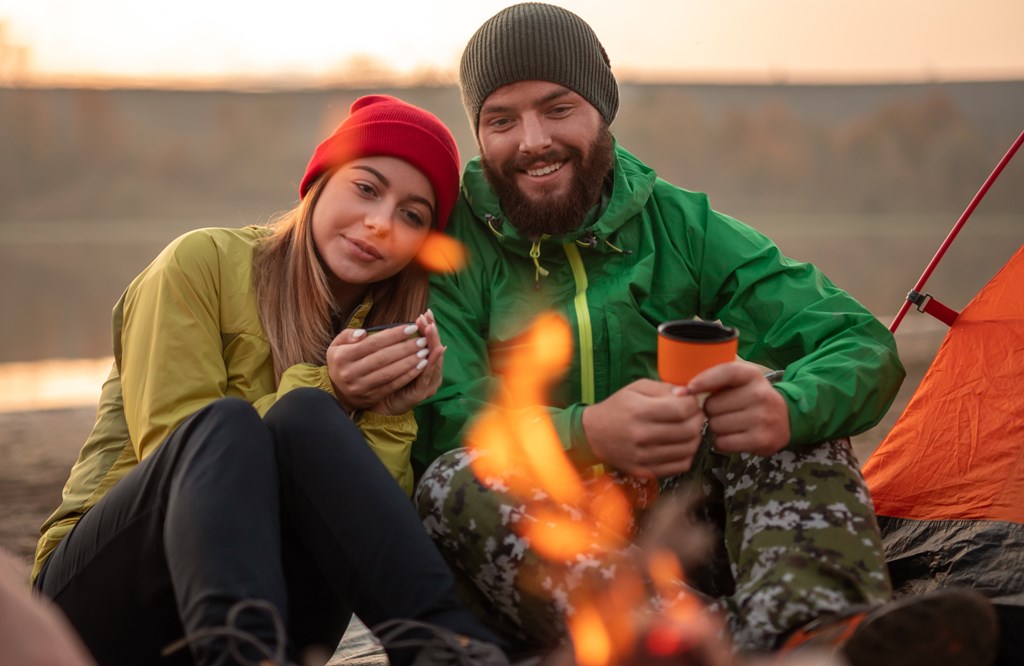
Camping Mistakes to Avoid
While you may already know how to stay safe when camping, there are a few common mistakes many people make that can negatively affect their camping trip. Here are some things to avoid so your camping trip continues to be fun and safe.
Not Researching Your Camping Destination
Camping, especially tent camping, requires a lot of research. Even if you are staying at a campground like Kampgrounds of America, you will still want to know information such as permissions and booking policies, popular days and seasons and closure dates. Understanding what to expect can help you better plan your trip and ensure you have everything you need and are not buying excessive gear once you arrive or having to go without essentials because you forgot them at home.
Arriving Late to Your Campsite
While the road or path to your campsite may be well-lit, you do not want to arrive after nightfall as it may make it difficult to see the more minor details of your campsite. A headlamp is an option, but it does not provide the same visibility as daylight. For example, you may not be able to see the dead tree branches above you, which can fall off in high winds. You may also have difficulty seeing the smaller details of your tent and assemble it incorrectly.
In addition to making more difficulties for yourself, arriving late at your campsite can disturb other campers. Making noise as you assemble your tent or blinding them with your headlamp can reduce the quality of their camping experience.
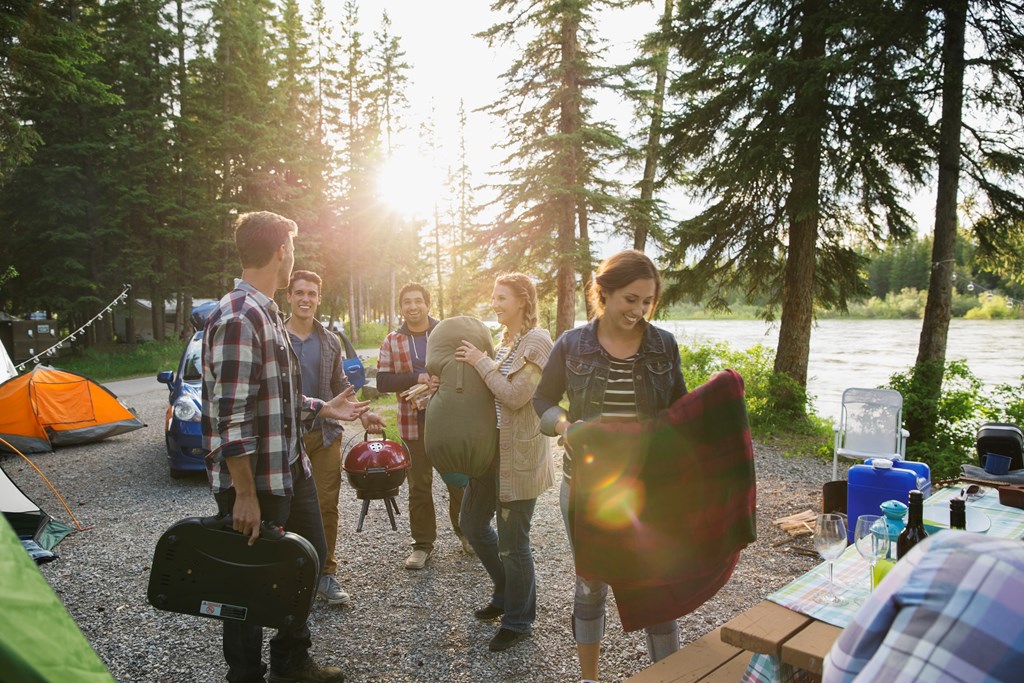
Forgetting Equipment
One of the worst things that can happen while camping is forgetting an essential piece of gear, such as a raincoat or camp stove, at home. Before leaving for your trip, make a packing list and check it a few times before actually leaving to ensure you did not leave anything behind. You should also bring this list to check that you have everything you brought before leaving the campground.
Ignoring Camping Etiquette
If you are staying at a campground, you likely have a set of rules you need to follow during your stay. Ignoring these rules can harm you and other campers and make it harder for campground owners to keep everyone safe. Thinking of others during your camping trip and trying to follow the rules can ensure everyone has a great camping experience.
Most campgrounds also follow a leave-no-trace policy, which is as follows:
- Plan ahead and prepare.
- Travel and camp on durable surfaces.
- Properly dispose of waste.
- Minimize the impact of your campfire.
- Leave anything that you find.
- Respect wildlife.
- Be considerate of other campers.
Camping at Kampgrounds of America
With the largest collection of private campgrounds reaching more than 500 locations across North America, Kampgrounds of America offers you an affordable vacation option. Whether you are looking to stay in a Camping Cabin, Deluxe Cabin, RV, tent or other type of accommodation, all campgrounds are dedicated to people who enjoy spending time outdoors with friends and family. Every site has a laundry facility, playground, KOA store and bathrooms with hot water for your convenience.
Contact KOA to reserve a campsite and learn more about camping safety tips or how our passionate campground professionals can help you enjoy your camping experience. Make a reservation online or with our KOA Camping App today!
About the Author: Kampgrounds of America
Kampgrounds of America is the largest system of open-to-the-public campgrounds in the world, with over 500 locations across the United States and Canada. Founded in Billings, MT in 1962, KOA’s family of campground brands – KOA Journey, KOA Holiday and KOA Resort – today serve more than a million camping families each year. KOA is dedicated to “connecting people to the outdoors and each other” by providing people with a variety of camping experiences and the information they need to make the most of their camping trip. Read more of their camping and travel resources by visiting KOA.com/blog.





